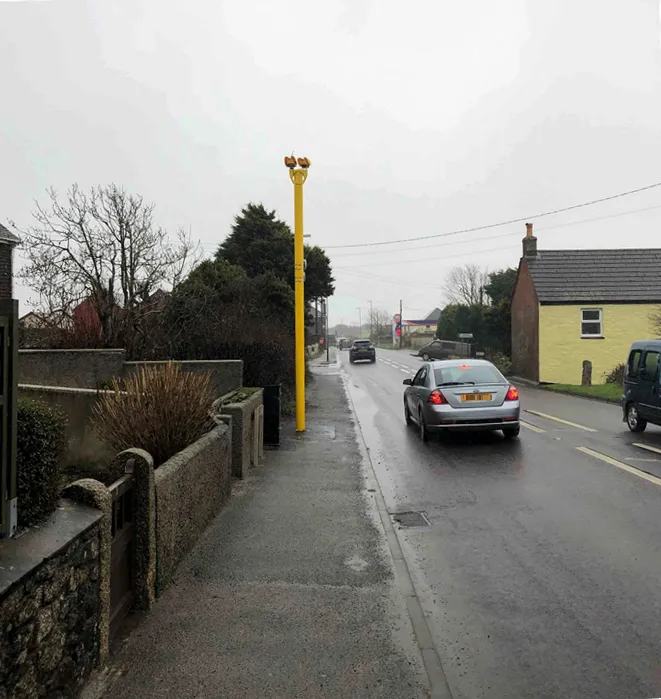A recent drink-drive enforcement operation saw police conduct 1,134,924 roadside breath tests for alcohol, of which 15,791 were positive. Motorists were also checked for drugs in the operation, and 3,157 offences were detected. The operation was organised by TISPOL in 27 countries between 7 and 13 December 2015.
TISPOL general secretary Ruth Purdie said: “These figures show a continued decline in the proportion of drivers who fail breath tests, which is good news.
“However, if we scale up that proport
February 10, 2016
Read time: 1 min
A recent drink-drive enforcement operation saw police conduct 1,134,924 roadside breath tests for alcohol, of which 15,791 were positive. Motorists were also checked for drugs in the operation, and 3,157 offences were detected. The operation was organised by 650 TISPOL in 27 countries between 7 and 13 December 2015.
TISPOL general secretary Ruth Purdie said: “These figures show a continued decline in the proportion of drivers who fail breath tests, which is good news.
“However, if we scale up that proportion to include all the 300 million licence holders across Europe, then we reach an estimate of more than four million drink-drivers.
“This shows that drink-driving remains a massive problem which will continue to threaten our efforts to meet the EU’s 2020 casualty reduction targets.
TISPOL general secretary Ruth Purdie said: “These figures show a continued decline in the proportion of drivers who fail breath tests, which is good news.
“However, if we scale up that proportion to include all the 300 million licence holders across Europe, then we reach an estimate of more than four million drink-drivers.
“This shows that drink-driving remains a massive problem which will continue to threaten our efforts to meet the EU’s 2020 casualty reduction targets.







